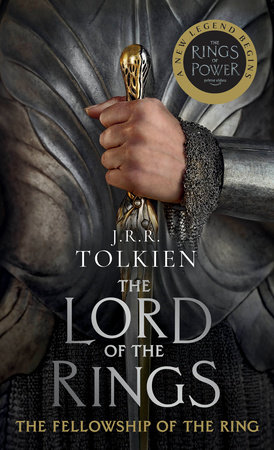J.R.R. Tolkien’s “The Lord of the Rings” is quite possibly the most influential modern fantasy book ever published. Originally published as three volumes, “The Fellowship of the Ring,” “The Two Towers” and “The Return of the King,” this sprawling saga set in Middle-earth follows Frodo Baggins, a humble hobbit, as he undertakes a perilous quest to destroy the One Ring, a powerful artifact forged by the dark lord Sauron.
Tolkien’s world-building is unparalleled. From the rolling hills of the Shire to the shadowed depths of Mordor, Middle-earth feels fully realized, with its own languages, cultures, histories and mythologies. The narrative, though epic in scope, is grounded in the struggles of its characters.
What makes The Lord of the Rings timeless is its moral clarity without being simplistic. While evil is terrifyingly present, the greatest strength lies in quiet heroism—Samwise Gamgee’s loyalty, Aragorn’s humility and Frodo’s endurance. The story resists cynicism and affirms the belief that even the smallest person can change the course of the future.
“The Lord of the Rings” is a masterwork of imagination and storytelling. It rewards the readers’ patience with profound emotional and intellectual impact. It is, quite simply, a must-read for anyone who loves literature.
Rating: 10/10




